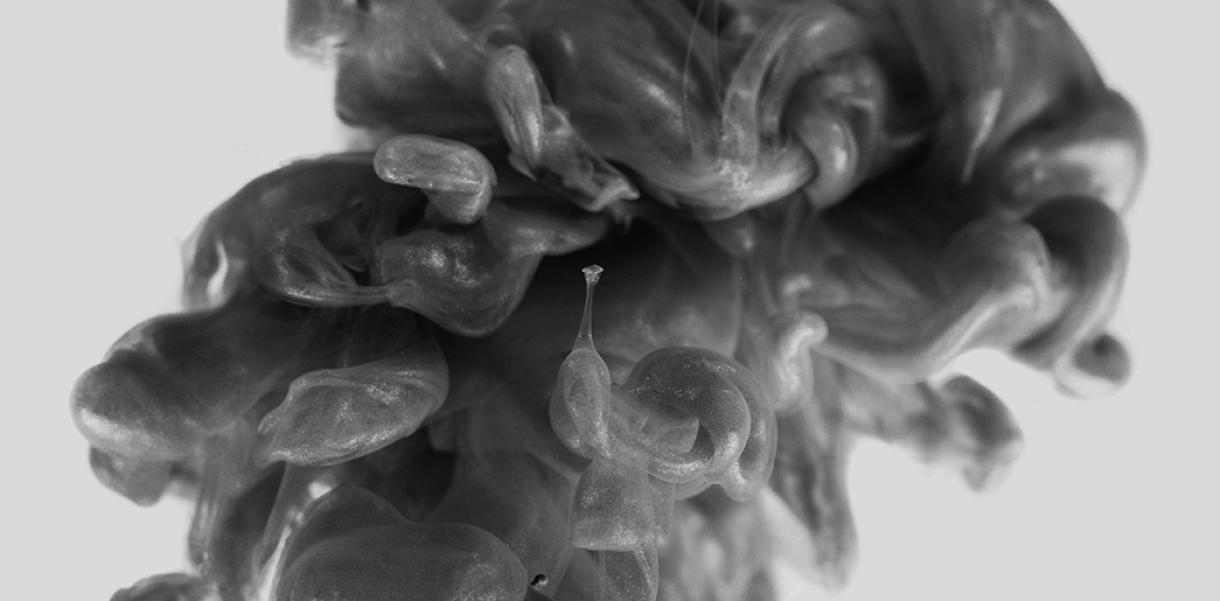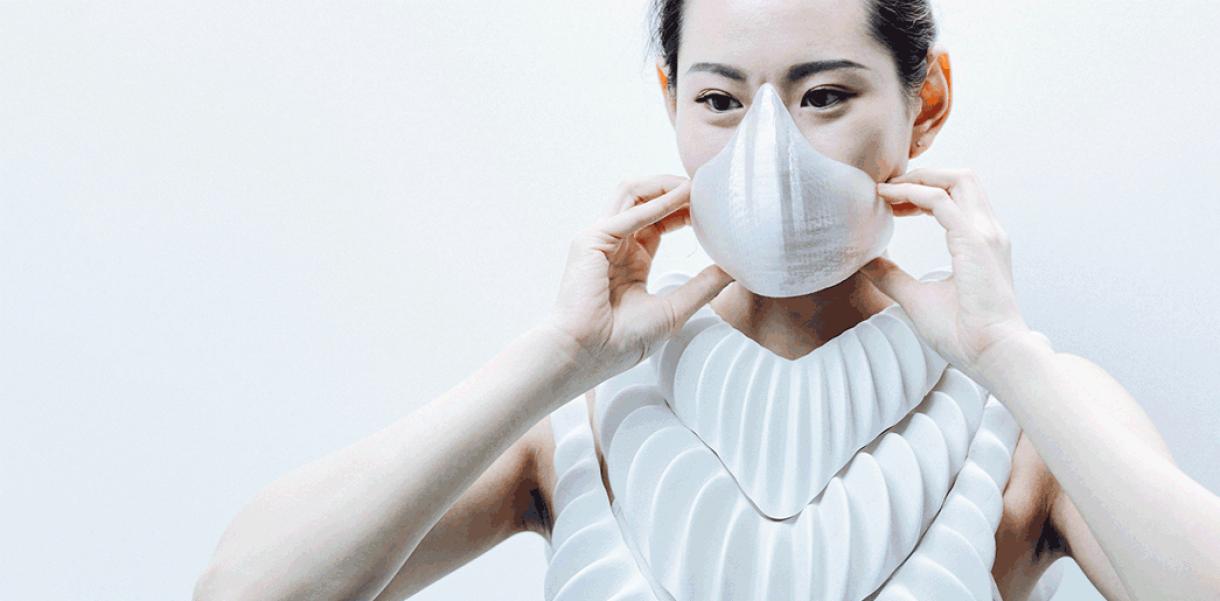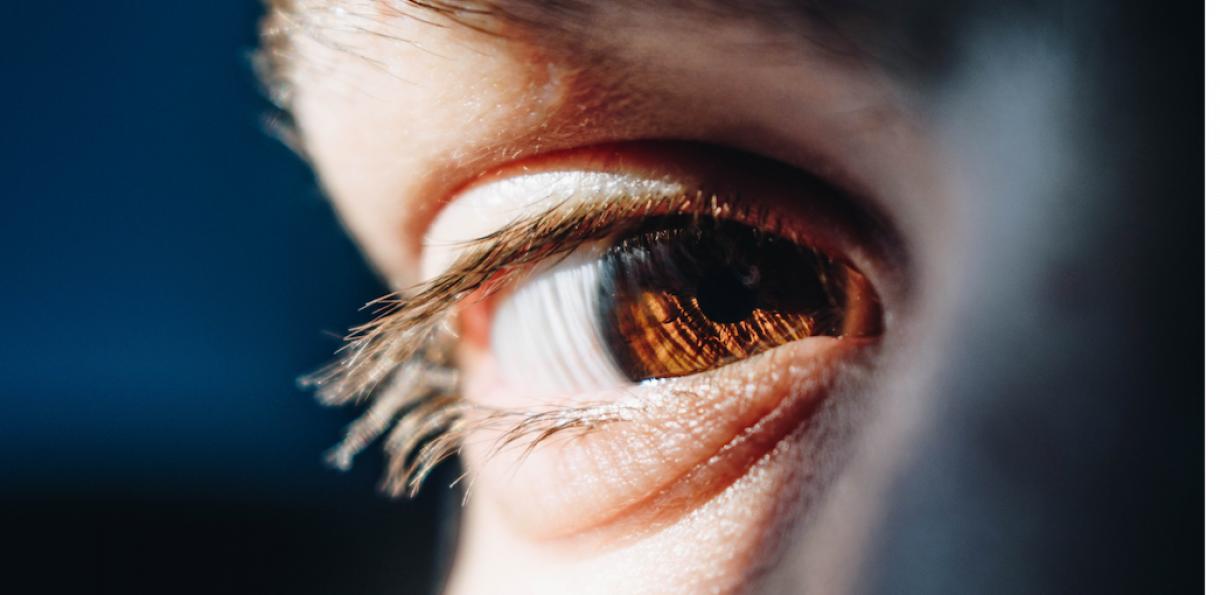Our sense of smell is something most of us take for granted. Yet, it's one of our most primal and powerful human functions, able to evoke fond memories, alert us to threats and even serve us when choosing a partner.
But, we're far from having the most state-of-the-art sniffers; that's why we rely on the highly evolved noses of the animal kingdom. Today, we use both canines and rodents on the frontlines of danger. They detect illicit drugs, clear landmine fields, and even sniff various illnesses, such as tuberculosis, malaria and even Parkinsons.
Training these life-savers requires a hefty investment, and as the world's threats scale up, from pandemics to warfare, so must our design efforts to combat them. This month, we meet Osh Agabi, Founder of Koniku, the Silicon Valley company using synthetic biology to design and develop an army of 'smelling cyborgs' that stand to revolutionise healthcare and safety.
"When somebody cooks you a meal that your mother used to cook, for instance, some people would describe it as when I put the food in my mouth, it automatically transports me to my childhood," explains Agabi. "That's because your smell has a direct connection to your amygdala; it's like an autobahn that connects to your deepest sense.
"Smell is not just something that's on the periphery; it's something that's even more fundamental than our ability to see or hear, in terms of how it affects our lives."
Koniku's signature device Konikore mimics the tiny receptors found inside some of the planet's powerful noses. At the centre of the jellyfish-looking device is a living biological chip that 'smells' the air. It then creates a digital signature and alerts the user of any threats.
So far, it has been used to detect explosives in airports, helped farmers keep their crops and livestock healthy by sniffing out disease early, and is now being used to detect diseases such as influenza and even COVID-19.
"Your smell has a direct connection to your amygdala; it's like an autobahn that connects to your deepest sense."
"You can't have 5,000 dogs in an airport, but you can have 5,000 [devices] embedded in the wall," says Agabi. "You'll just pass through, we can collect all of this data, and we can tell without profiling anybody and without you having to stop. "We can smell people for explosives, for example, or even if they're a biological threat."
According to Agabi, these advances in synthetic biology will have profound effects on healthcare in particular. Eventually, he envisions the device as a mainstay in our bathrooms that will analyse our breath and inform us on several wellness markers — a huge step forward for preventative medicine.
"In terms of life expectancy, science has really been incredibly successful, and I believe we're coming up to our next inflection point," reflects Agabi. "The question we're asking now is: 'what technologies will take us there in terms of how we improve life?' "How do we make sure that you're as awesome when you are 80 as you're when you were 20? I know it's a tall order, but that's one place to start."
The Podcast Series
'Can design save us?' is a series exploring design as a pioneering force for good. We dive into the most pressing problems of our time and meet inspiring people using innovation to solve them. We explore the good, bad, complex and controversial. Listen on iTunes, Spotify, Google Podcasts and Podimo.
If you have feedback or story suggestions, please drop us a line, and don't forget to subscribe, rate and share.




